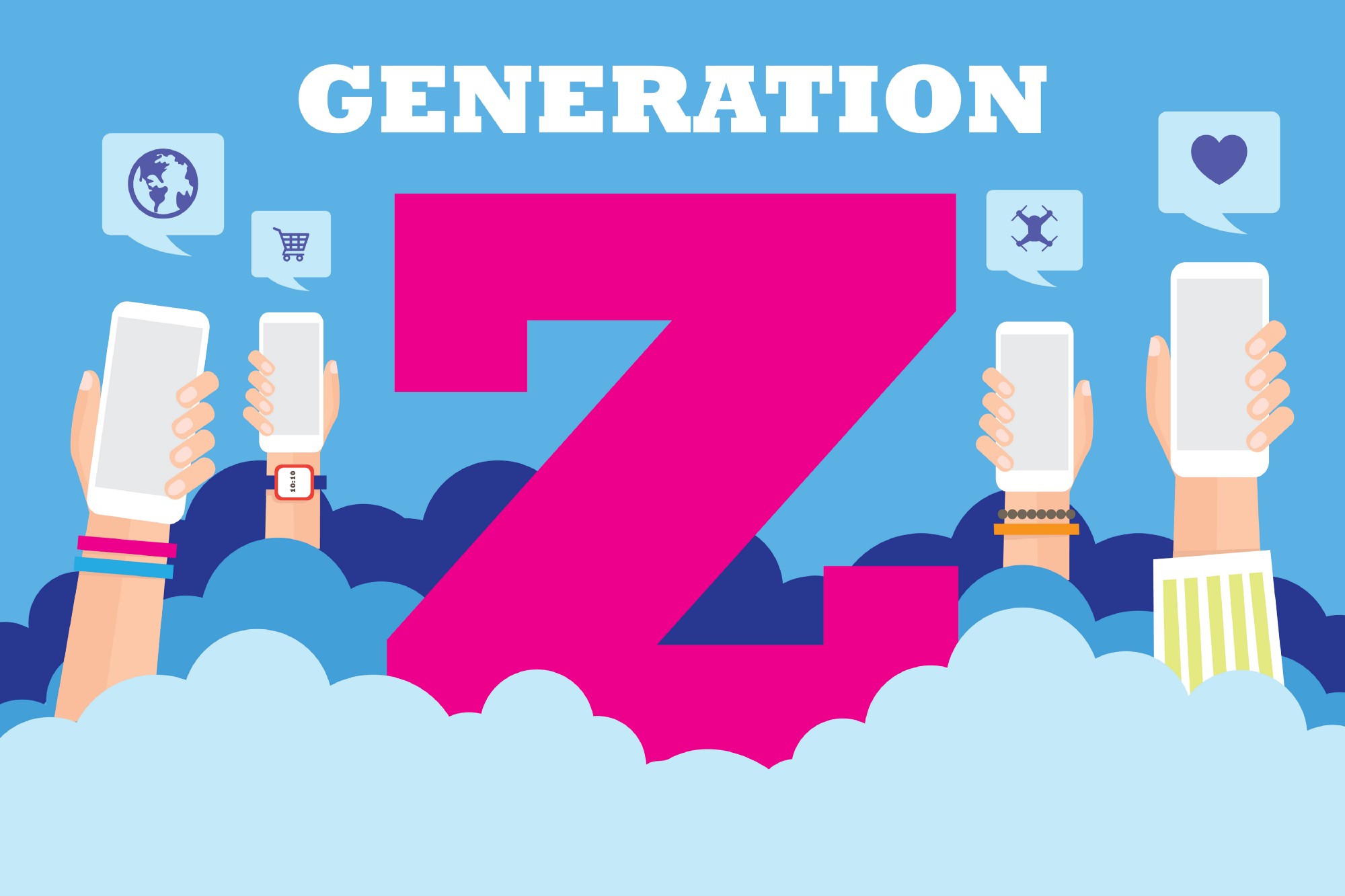Kerby Anderson
Some commentators are starting to call Generation-Z the “screenagers.” Let’s first define some terms. The Generation-Z (also known as Gen-Z) are those young people who were born after the year 2000. They are the generation following the millennial generation.
Dr. Stephen Phinney says that “Gen-Z is compelled to create personal branding that is riddled with obsessive ‘manicuring’ regarding their online presence. This compelling act is driven by a fleshly self-life insecurity called, people pleasing.” He has found that this generation is constantly aware of, and therefore adjusting, how their peers view them. In other words, they put out a false image of themselves.
He has also found out why the text language and other social media communication is so disjointed and nearly impossible to interpret. According to the Journal of Individual Psychology, “Generation-Z’s lower cognitive regions, which stimulate impulse, are constantly being activated by the bombardment of neurological arousal provided by text messages, Facebook updates, and video games.” And if you add to that what has been called the “Google culture of learning” (which assumes you can find an answer to questions in seconds), you have a generation that finds it hard to think, write, and concentrate.
What does this all mean? Dr. Phinney concludes that “Within the next 15 years, we will see an entire generation with memory deprivation, difficulties in processing, lack of ability in proper grammar, attention span issues – the length of time for which a person is able to concentrate mentally on a particular activity, and digital addictions.”
This is what can happen when young people spend too much time in front of a screen. Parents and church leaders need to warn these “screenagers” of the consequences of being addicted to their digital devices.
 Listen Online
Listen Online Watch Online
Watch Online Find a Station in Your Area
Find a Station in Your Area









 Listen Now
Listen Now Watch Online
Watch Online
